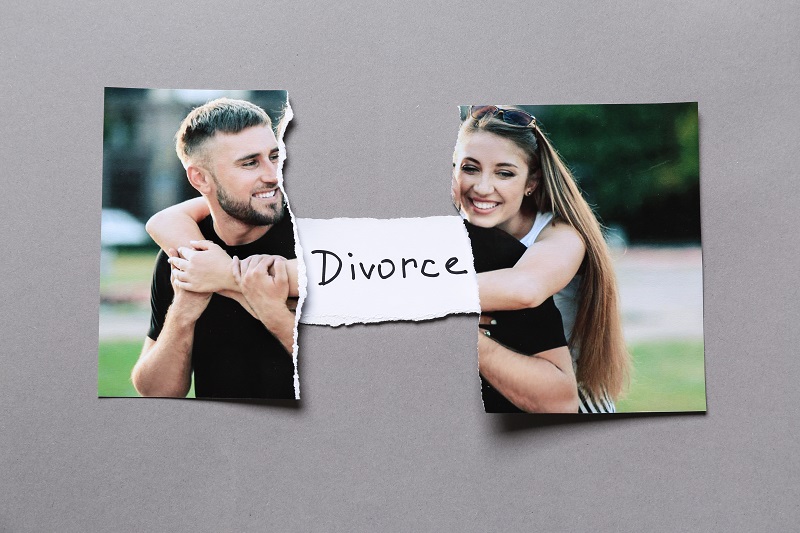Collaborative Divorce and Mediation Alternatives to Litigation: Similar But Different
While collaborative divorce and mediation are similar in that you have control of all the important decisions and both involve outside professionals for help negotiating a settlement agreement, collaborative divorce can be a better choice when the divorce involves complex financial decisions or challenging issues with parenting time and you want to avoid a traditional adversarial process. A collaborative divorce can be more costly than mediation but is less expensive than litigation.
Although the two processes have similarities, there are several important differences.
Both collaborative divorce and mediation are intended to help you reach a mutually acceptable settlement without going to court. Acting in good faith, you both must agree to full disclosure of all information relevant to the decision-making process. This avoids the need for formal discovery, subpoenas, and costly court appearances.
With collaborative divorce, you will each hire your own separate collaborative divorce attorney to provide legal advice and guide you through the process. In mediation, only one attorney mediator will facilitate the negotiations, offering legal information, but not specific legal advice to either of you. If using an attorney mediator, you should both consult with your own separate attorney during the process, and certainly before signing a final settlement agreement, to answer any legal questions about the decisions you are making.

In both collaborative mediation and collaborative divorce, in addition to your individual attorneys or an attorney mediator, a team consisting of neutral trained professionals are involved, including a financial neutral and a divorce coach. These professionals do not take one side or the other; they are there to provide information and guidance to help you both move toward an amicable solution that is equitable to both of you and your children.
The length of time involved for either process depends on how quickly you can resolve all of your issues. Either option takes much less time than a litigated divorce. Once an agreement has been reached, your agreement is drafted, signed, and filed with the court. In most jurisdictions, a hearing will not be required. In a collaborative divorce case, if you are unable to reach an agreement successfully, the collaborative attorneys will be disqualified from representing either of you in a litigated case. Your divorce will continue through traditional divorce court proceedings with new lawyers.

When you are able to find creative solutions to your marital issues and can reach an out-of-court settlement, you will avoid conflict as well as the high cost of court fees, investigators, expert testimony, and all the other costs associated with traditional litigation. Once an agreement is reached, your settlement agreement is submitted to the family court judge assigned to your case, and your divorce decree will be granted.
For more information about collaborative divorce, collaborative mediation, or mediation services in Overland Park, Johnson County, Kansas, and the Northland in Kansas City, Missouri, contact The Hill Law Firm, P.C. to schedule a consultation.
The Hill Law Firm, PC
913-381-1500
Website: https://www.hilllawfirm.com/

